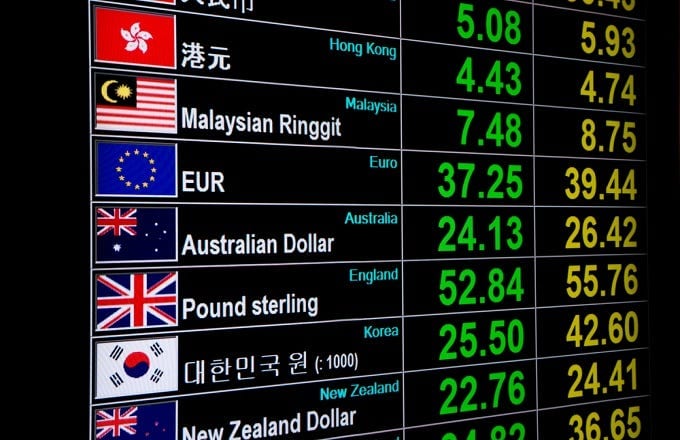Having a home of your own is one of the greatest achievements in an ordinary person’s life.
Well, somewhere we all are fascinated about buying our dream home at our dream location. Isn’t it? Whenever any of the interior decor posts on social media comes in front of you, we silently think I wish I could have it or could afford it, but we got stuck when money comes into the role and why not?
Afterall considerable investment is required to buy a home, but don’t worry, I have the realistic and simple ways to save and grow money which will surely help you to buy home within a few years.
However, I would suggest you before you begin saving, you first have to know how much you’ll need to save. Plan to sit down with a mortgage lender who will let you know how much of a mortgage you can qualify for.
So, be proactive, and here are the Best Ways to Save Money for Buying a House:
-
Invest In Mutual Fund SIPs or FDs
You must have heard and seen many times about invest in Mutual funds and get your money double. Many of you doubt that we will lose our money, but it is not valid.
In the present time, Mutual fund SIPs are a reliable and easy way to generate money from your invested capital. One can set apart a portion of their income and invest it towards Mutual Fund investments through Systematic Investment Plan. This will help you to make Home Loan down payment quickly as your ultimate goal.
You can understand it with an example like if you start investing Rs. Fifteen thousand a month in SIP, with a reasonable return of 12%, you can build sufficient fund of around Rs.12.40 lakhs in just five years.
Similarly, Fixed Deposits (FDs) also help you to build a good wealth within a few years.
-
Start early savings
It is a fact “when it comes to saving money for investments, the earlier you start, the better it is for you.” Therefore, It is always recommended to start saving in your 20s itself
If you start investing while you are still in your 20s, you can enjoy the power of compounding to multiply your savings, thus having sufficient funds by the time you plan to purchase a home. This will help you in making your home loan EMIs, thereby reducing your Home Loan burden.
Your early strong financial position will also help the bank to put trust in you and will ensure approval of your Home Loan application.
-
Cut down unnecessary expenses
For reducing the unnecessary costs, the first step is always to make monthly expenditure budget. A budget doesn’t stop you from spending money, but it will help you to figure out where your money is going so you can check out and cut off the expenses which are not required.
-
Create a second income for yourself
It’s the era of Digital India with many proven ways of earning money with the help of a laptop and the Internet; you can quickly start earning and saving. Start doing side hustles, utilize your time, and make more money. There are many side incomes you can generate like if you work as a writer, you could do freelance writing on the side, if you work as an accountant you could help people with their tax returns, or you can also work with someone on a commission basis.
Keep exploring beyond your imagination as there are many sites which provide you assignments or side projects to generate passive income.
-
Lower the Rent You Are Currently Paying and Save The Difference
If you are living in a rented property which has higher rent you can look for another cheap rented property and save the difference of rent. Currently, it does not seem to be nice but what you can do is to invest that difference amount in FDs, MFs or Gold, etc. which will help you to generate another income source from the savings.
“Buying a house is a massive investment; some of us call it a lifetime investment. You have to look for every aspect.”

